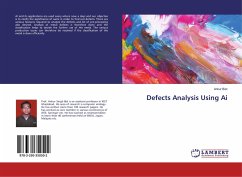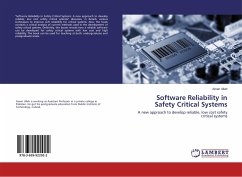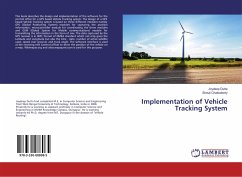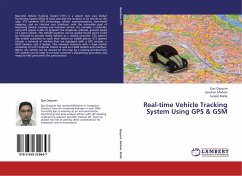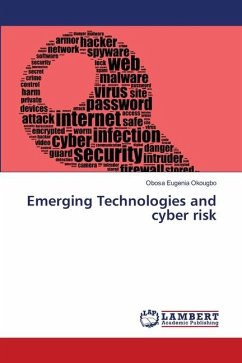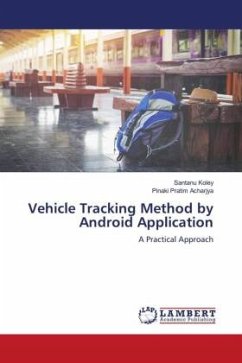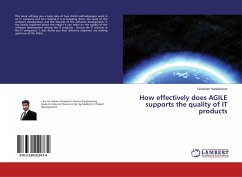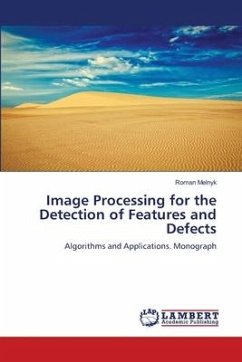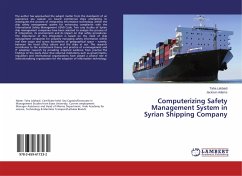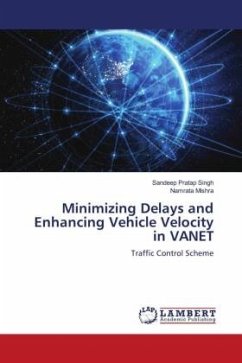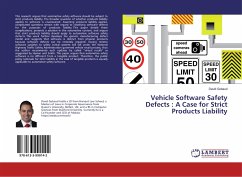
Vehicle Software Safety Defects : A Case for Strict Products Liability
Versandkostenfrei!
Versandfertig in 6-10 Tagen
24,99 €
inkl. MwSt.

PAYBACK Punkte
12 °P sammeln!
This research argues that automotive safety software should be subject to strict products liability. The broader question of whether products liability applies to software is unanswered. Assuming products liability applies, complicated questions remain with regard to classifying software defects for the purposes of products liability. This paper details these complications, presents a solution in the automotive context, and argues that strict products liability should apply to automotive software safety defects. This work further develops the generic manufacturing defect model and suggests tha...
This research argues that automotive safety software should be subject to strict products liability. The broader question of whether products liability applies to software is unanswered. Assuming products liability applies, complicated questions remain with regard to classifying software defects for the purposes of products liability. This paper details these complications, presents a solution in the automotive context, and argues that strict products liability should apply to automotive software safety defects. This work further develops the generic manufacturing defect model and suggests that software is distinct from physical products because software defects can be remotely repaired. Issuing remote software updates to safety critical systems will fall under the National Highway Traffic Safety Administration governed vehicle recall process, thus the author recommends such updates be called "virtual recalls" as suggested by Hyman and Smith. This paper argues that automotive safety software is no different from a tangible product. Therefore, the public policy rationale for strict liability in the case of tangible products is equally applicable to automotive safety software.



